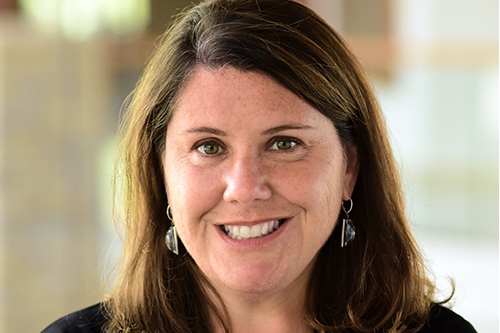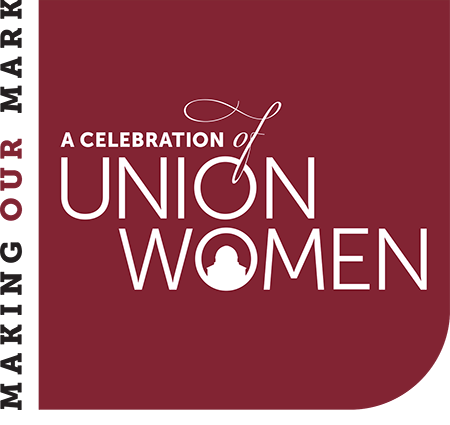Jennifer L. Lawless '97 studied political science at Union College before earning an M.A. and Ph.D. in political science from Stanford University. Today, she is the Commonwealth Professor of Politics at the University of Virginia. Prior to joining UVA, she was a professor of government at American University and the director of the Women & Politics Institute. Jen’s research focuses on political ambition, campaigns and elections, and media and politics. She is the author or co-author of six books, including Women on the Run: Gender, Media, and Political Campaigns in a Polarized Era (with Danny Hayes) and It Still Takes a Candidate: Why Women Don't Run for Office (with Richard L. Fox). Her work, which has been supported by the National Science Foundation, has appeared in numerous academic journals and is regularly cited in the popular press. The co-editor-in-chief of the American Journal of Political Science, Jen holds an appointment as a non-resident senior fellow at the Brookings Institution. In 2006, Jen sought the Democratic nomination for the U.S. House of Representatives in Rhode Island’s second congressional district. Although she lost the race, she remains an obsessive political junkie.
What are the most challenging and rewarding aspects of your career or volunteer activities?
In the spring of 2005, I entered the Democratic primary in Rhode Island’s second congressional district. For 16 months, I loved every minute of campaigning my heart out. Well, maybe not every minute. I did not adore the 30 hours a week I spent on the phone asking people I had never met for more money than they could comfortably give. I was not a huge fan of the 48 hours of perpetual nausea and nerves leading up to the two televised debates (although the debates themselves were undoubtedly a high point of the campaign). And I can think of few activities more unpleasant than making the dreaded concession call on election night. But overall, my congressional campaign was the most fulfilling, most important, most life-changing event I have ever had the privilege to enjoy. The opportunities to connect with voters, learn about the issues and challenges people face, articulate and advocate for clear positions on a host of policies, and hold an incumbent accountable are rewarding in ways I cannot put into words.
Who inspired/inspires you, both professionally and personally?
Female leaders. More and more women are entering electoral politics, which we were left out of for so long. You might not believe it, but there’s good news for female candidates. I’ve spent the last 20 years conducting research about why women don’t run for office as often as men and what happens when they do. And I’ve uncovered no evidence of systematic bias against female candidates. When women run for office – in primaries and general elections, as Democrats or Republicans – they raise just as much money and win just as often as men do. They receive very similar media coverage, both in volume and substance, as men do. Voters, donors and reporters, in other words, are ready for female candidates. The bad news is that people don’t know this. Because of some very high-profile examples of sexism – and very disturbing ones at that – half the country thinks that women have to be more qualified than men to win office, and that they face bias from voters, donors and the media.
What advice would you offer today’s women students, not just at Union, but across the country?
Run for office! Or at the very least, think about it. I am always surprised when people ask, “Why would you ever have run for office?” In fact, this question arose on the campaign trail quite frequently when I ran. “You seem like a nice person. Why would you ever want to go to Washington?” There are more than 500,000 elective offices in this county. Why wouldn’t you want to seek them and play a role in bringing about positive change? I can promise that there’s no better way to be engaged in your community, state, nation and world.
What was your most formative experience at Union?
I wrote my senior thesis about gender and political ambition in Kenya. My term abroad to Kenya, Uganda, and Tanzania is something I still think about all the time – and not only because I contracted malaria. Well, maybe a little bit because I contracted malaria. My love for research and writing undoubtedly grew out of that experience, as did my interest in gender, political ambition and representation. Oh, and I should mention one more thing. Richard Fox, the person with whom I’ve co-authored several books and done most of my professional work, was my thesis advisor at Union.

